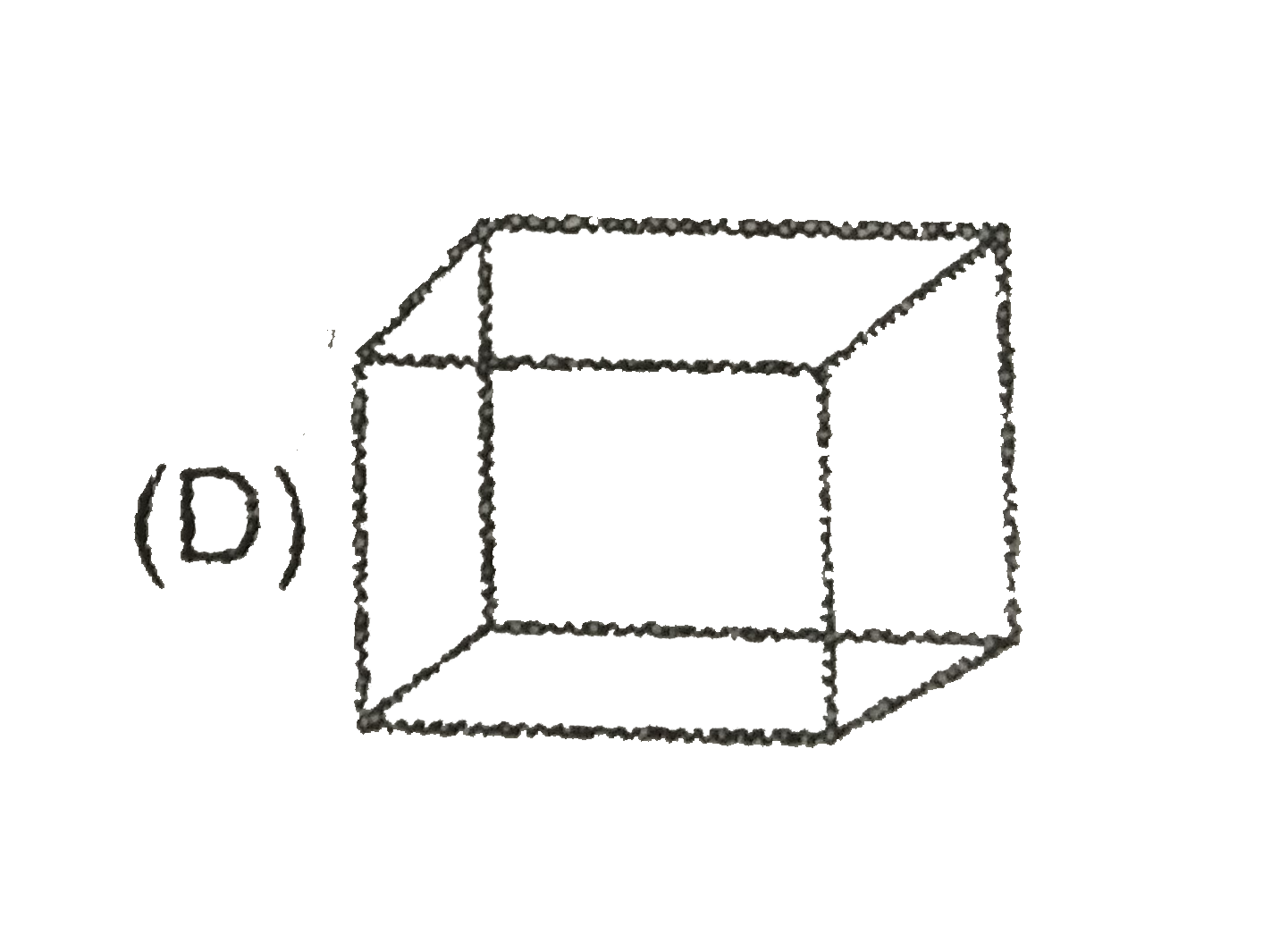Choose the correct answer from the options given below :
(i) The organic compound which undergoes substitution reaction is :
(A) C2H2
(B) C2H4
(C) C10H18
(D) C2H6
To determine which organic compound undergoes substitution reactions, we need to understand the nature of the compounds provided in the options.
1. Understand Substitution Reactions:
Substitution reactions occur when one atom or group in a molecule is replaced by another atom or group. These reactions typically occur in saturated hydrocarbons (alkanes), which do not contain double or triple bonds.
2. Identify the Nature of Each Compound:
- (A) C2H2: This compound is an alkyne (specifically ethyne) and is unsaturated. It has a triple bond, which means it does not undergo substitution reactions.
- (B) C2H4: This compound is an alkene (specifically ethene) and is also unsaturated. It has a double bond, which means it typically undergoes addition reactions rather than substitution reactions.
- (C) C10H18: This compound is also an unsaturated hydrocarbon (specifically a diene or an alkyne). It contains multiple double or triple bonds, thus it does not undergo substitution reactions.
- (D) C2H6: This compound is an alkane (specifically ethane) and is saturated. It does not contain any double or triple bonds, making it capable of undergoing substitution reactions.
3. Conclusion:
Based on the analysis, the only compound that can undergo substitution reactions is C2H6 (ethane).
Final Answer:
The correct answer is (D) C2H6.
Substitution reactions occur when one atom or group in a molecule is replaced by another atom or group. These reactions typically occur in saturated hydrocarbons (alkanes), which do not contain double or triple bonds.
- (A) C2H2: This compound is an alkyne (specifically ethyne) and is unsaturated. It has a triple bond, which means it does not undergo substitution reactions.
- (B) C2H4: This compound is an alkene (specifically ethene) and is also unsaturated. It has a double bond, which means it typically undergoes addition reactions rather than substitution reactions.
- (C) C10H18: This compound is also an unsaturated hydrocarbon (specifically a diene or an alkyne). It contains multiple double or triple bonds, thus it does not undergo substitution reactions.
- (D) C2H6: This compound is an alkane (specifically ethane) and is saturated. It does not contain any double or triple bonds, making it capable of undergoing substitution reactions.
Based on the analysis, the only compound that can undergo substitution reactions is C2H6 (ethane).
The correct answer is (D) C2H6.
Similar Questions
Knowledge Check
- Question 1 - Select One
The given reaction is an example of C2H5Br+KCN(aq).→C2H5CN+KBrL
AeliminationBnucleophilic substitutionCelectrophilic substitutionDredox change - Question 2 - Select One
The reaction C2H5ONa+C2H5I→C2H5OC2H5+Nal is called
AHoffmann's reactionBWilliamson synthesisCWurtz synthesisDKolbe synthesis - Question 3 - Select One
Consider the reactions given below. On the basis of these reactions find out which of the algebric relations given in options (a) to (d) is correct ?
(i) C(g)+4H(g)→CH4(g),ΔrH=x kJ mol−1 (ii) C(graphite, s)+2H2(g)→CH4(g),ΔrH=y kJ mol−1 (A)x = y (B)x = 2y (C)x > y (D)x < yAx = yBx = 2yCx gt yDx lt y
Choose the correct answer from the options given below : If the molecular formula of an organic compound is C10H18 it is:
1. alkene
2. alkane
3. alkyne
4. not a hydrocarbonView SolutionFind DU of following compound:-
(A)C8H12 , (B)C5H10 , ( C)C7H8 , (D) View Solution
View SolutionWhich of the following hydrocarbons undergo addition reactions: C2H6,C3H8,C3H6,C2H2 and CH4.
View SolutionComplete the reaction : C2H5I…=C2H5OC2H5+NaI
View SolutionThe empirical formula of the compound is CH. Its molecular weight is 78. The molecular formula of the compound will be :
(a)C2H2
(b)C3H3
(c)C4H4
(d)C6H6View Solution

